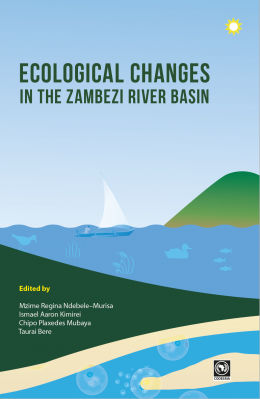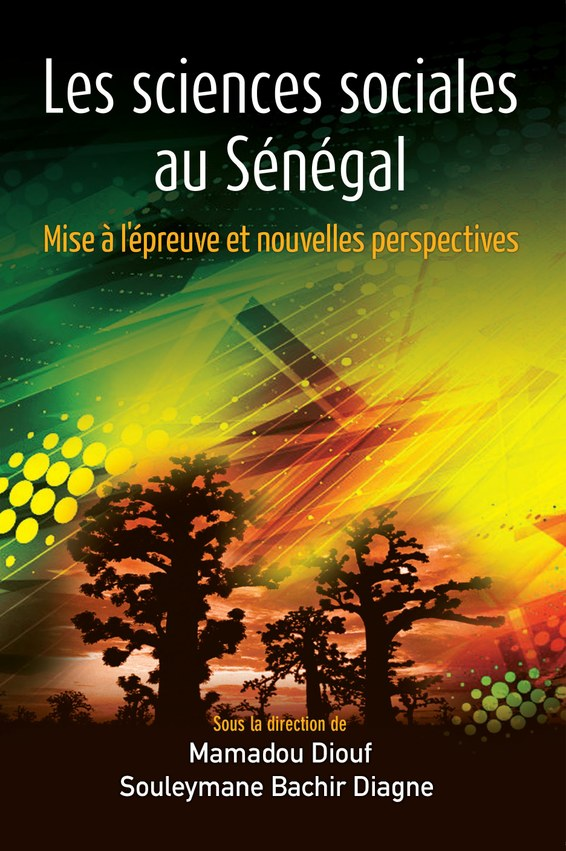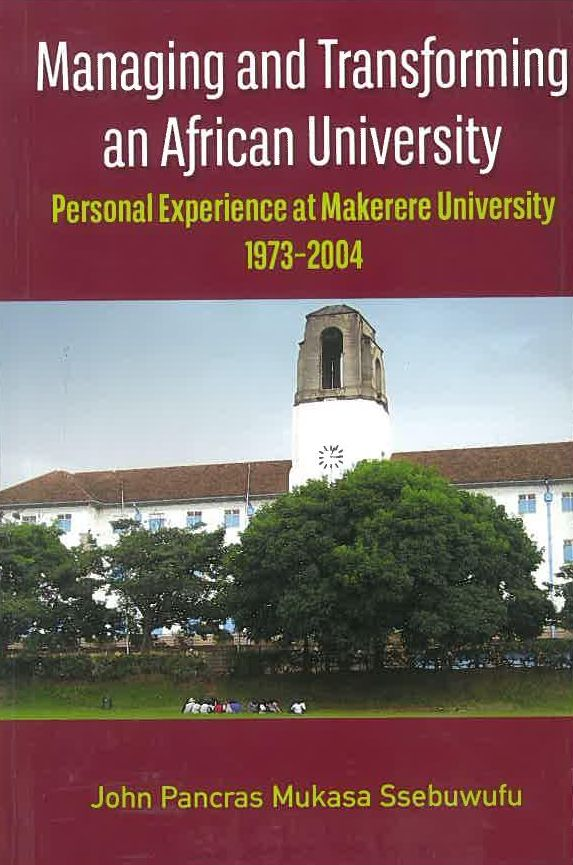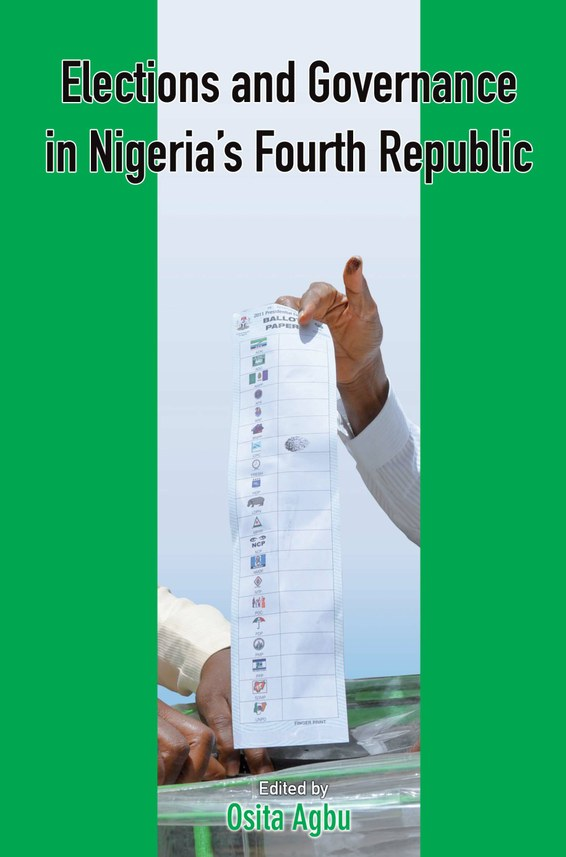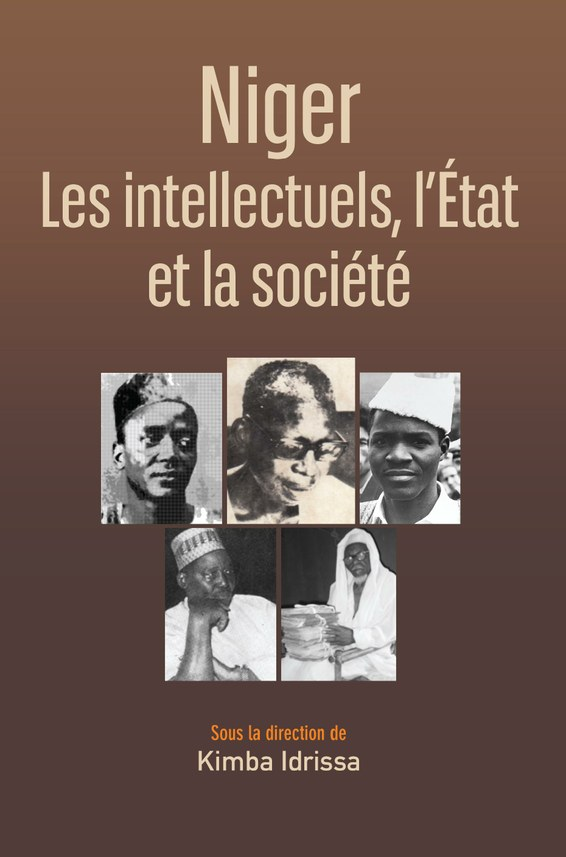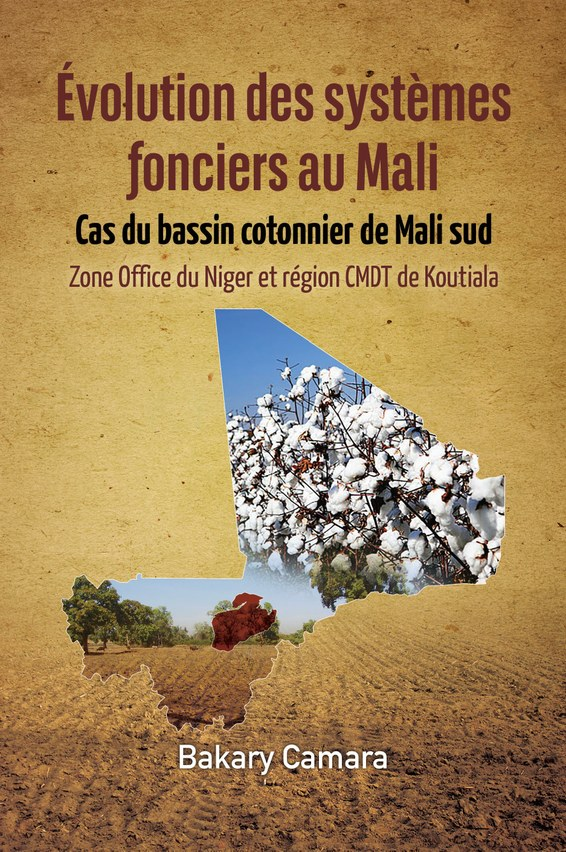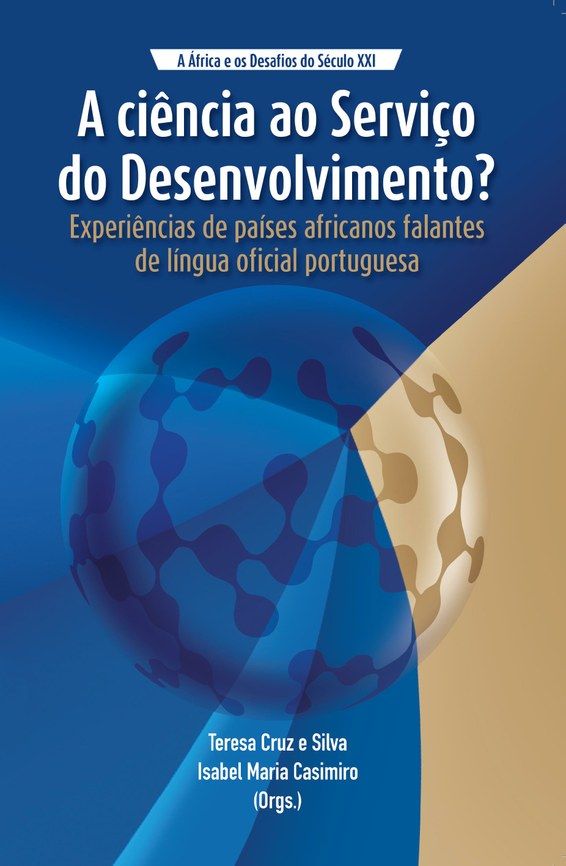In a brilliant study of the rise of contemporary political Islam, distinguished political scientist Mahmood Mamdani brings his expertise to bear on a question many Americans have been asking since 9/11 : how did this happen ?
Mahmood Mamdani’s conclusions are as incontrovertible as they are highly provocative. He dispels the idea of “good” (secular, westernized) Muslims, and “bad” (primitive, fanatical) Muslims, underlining the fact that Islam is not a politically based religion. Focusing on the reasons Islam has become politicized, Mamdani shows how the American government’s indirect, post–Vietnam-era sponsorship of terrorist leaders in Indochina and Africa began as a way of dealing with the perceived threat of spreading Soviet influence in these regions. He reminds us how President Reagan openly supported the contras in Nicaragua—calling them the “moral equivalents” of the Founding Fathers—and eagerly embraced the mujahideen of Afghanistan. He explains how America’s rigidly supportive policies toward Israel have fuelled the problems in the Middle East. Finally, he makes clear how the West’s distorted political analysis of Islam and its activities continue to dangerously skew its response to them.
Here is a book that will profoundly change our understanding of both Islam and America’s position in the world today.
Mahmood Mamdani is from Kampala, Uganda. He has taught at the University of Dar-es-Salaam, Makerere University and University of Cape Town, and is currently Herbert Lehman Professor of Government and director of the Institute of African Studies at Columbia University in New York. His previous book Citizen and Subject was recognized as ‘one of Africa’s 100 best books of the 20th century’ and was also awarded the Herskovitz Prize of the African Studies Association of USA for ‘the best book on Africa published in the English language in 1996’. Mahmood Mamdani was President of CODESRIA from 1999 to 2002. In 2001, he presented one of the nine papers at the Nobel Peace Prize Centennial Symposium.
CODESRIA, 2004, 320 p.
ISBN 2-86978-134-2





